The market will soon have the chance to enjoy sweet black pomegranates. The variety R36, which has been given the commercial name Black Candy, will be registered as a protected variety in Spain and the hope is that this will soon also happen in other countries.
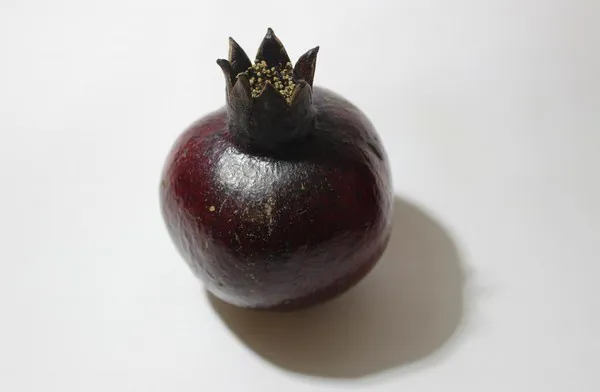
The variety has black skin throughout its entire growth process and, when ripe, reaches a more purple color. Inside, its arils are completely red, and it stands out for its juiciness, small seeds and sweet flavor.
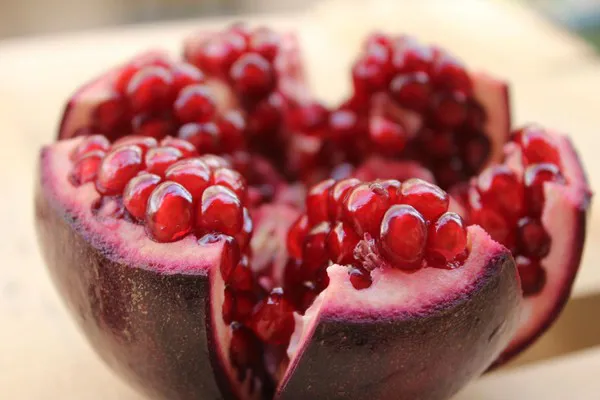
The fruits are medium-sized, similar to those of other varieties known as Acco, but with a sweeter flavor than this red variety. "The new trends in fruit consumption point to medium sizes as the most marketable," says its breeder, of Fertviher.
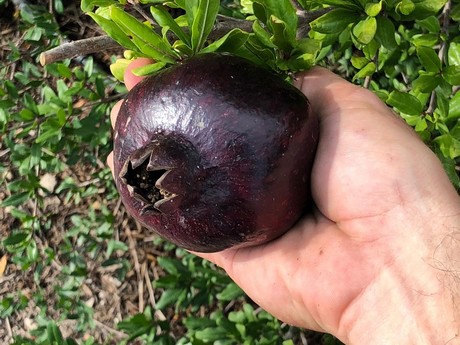
Since 2005, the agricultural producer and agricultural engineer has been searching for new pomegranate varieties using the crossbreeding or hybridization method. The variety was first obtained 5 years ago, and it caught the attention of its breeder from the very start because of its peculiar purple-black color and sweet flavor.
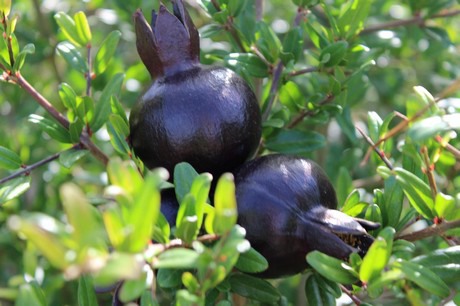
“Since the first publication about this pomegranate, we have received many calls and there is great interest in this variety. However, for the time being, we will market the first harvests of this variety ourselves. In the future, we seek to reach an exclusive agreement with a retailer with a well-positioned and recognized brand, targeting the premium fruit market and labeling the black pomegranate as Black Candy,” says Fertviher.
“We are not interested in this pomegranate being sold in large volumes, but in premium markets. We want to carry out the same strategy in other international markets.”
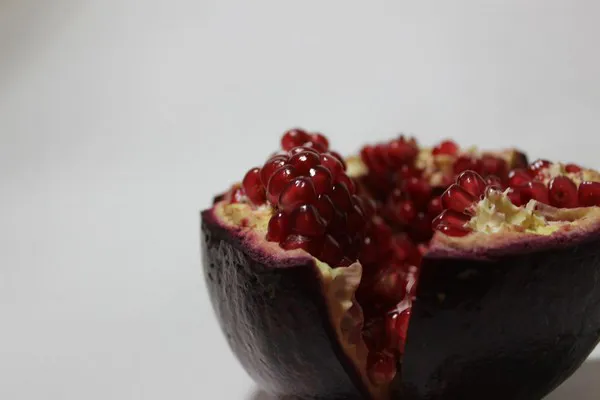
Aside from its fresh marketing, Fertviher believes that this variety could have great potential in the juicing or cosmetic industry. “We are waiting for some studies to confirm that the fruit having a black skin means that it contains unique nutritional components that make it stand out from red or pale varieties.
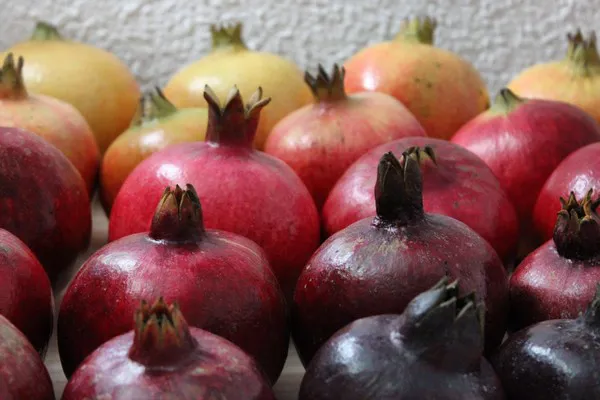
In addition to Black Candy, Fertviher also has the red and sweet-tasting variety Supreme, which has also started to be marketed in Spain. "Although we have managed to obtain numerous interesting varieties, just like our partners in the sector, we believe that it is not necessary to saturate the market, and that we should focus only on those varieties that provide new characteristics," says the Fertviher representative.










